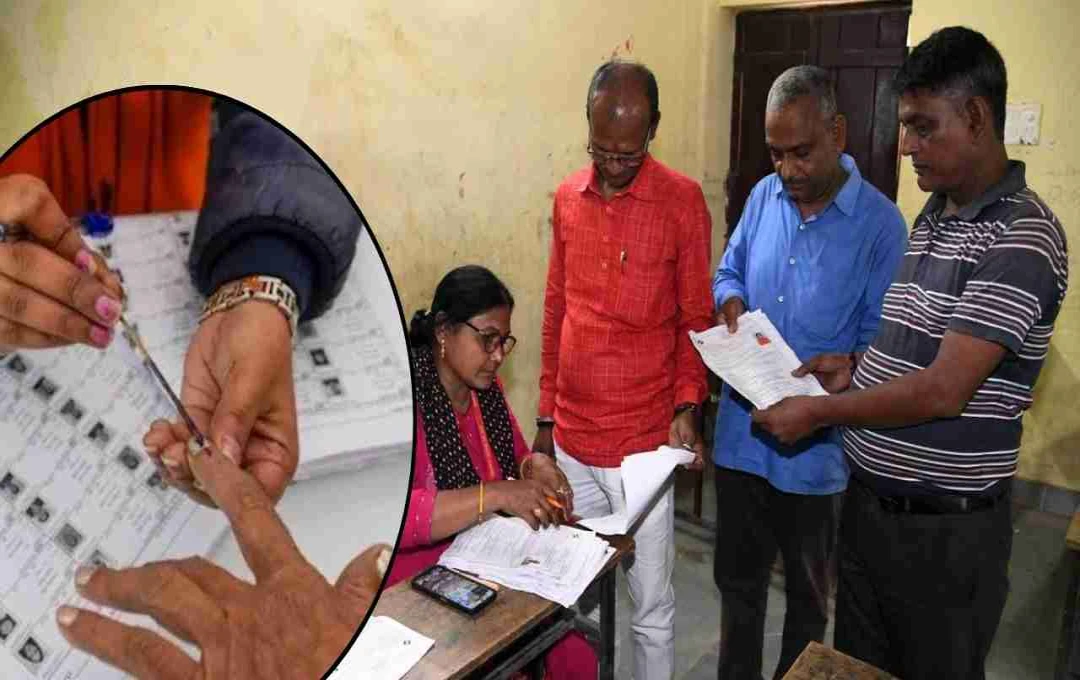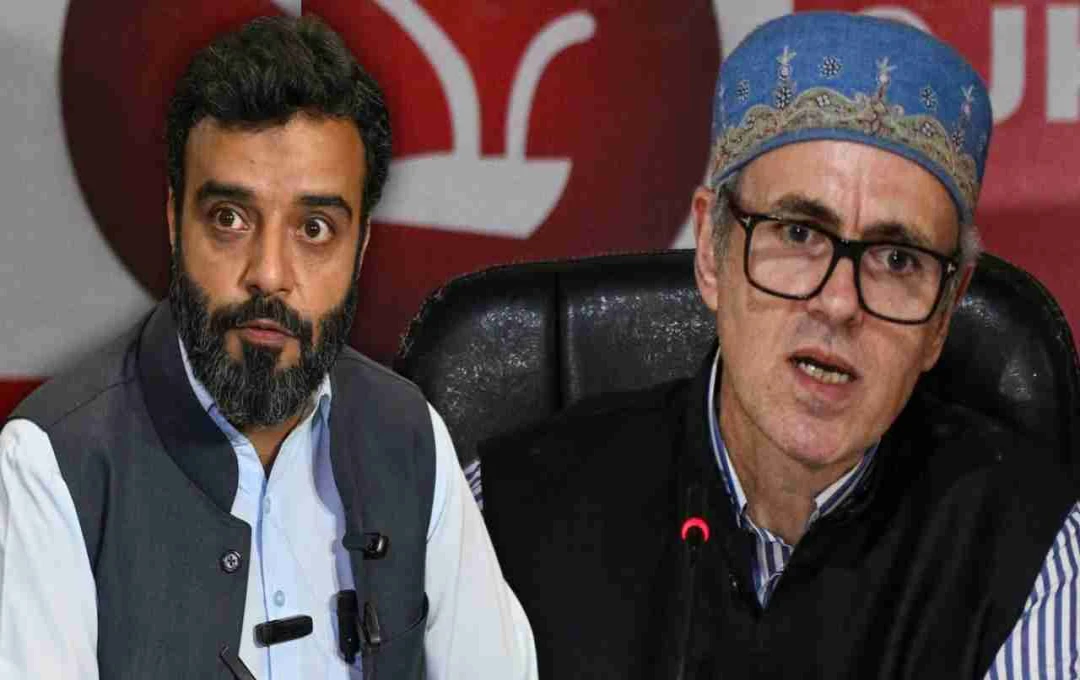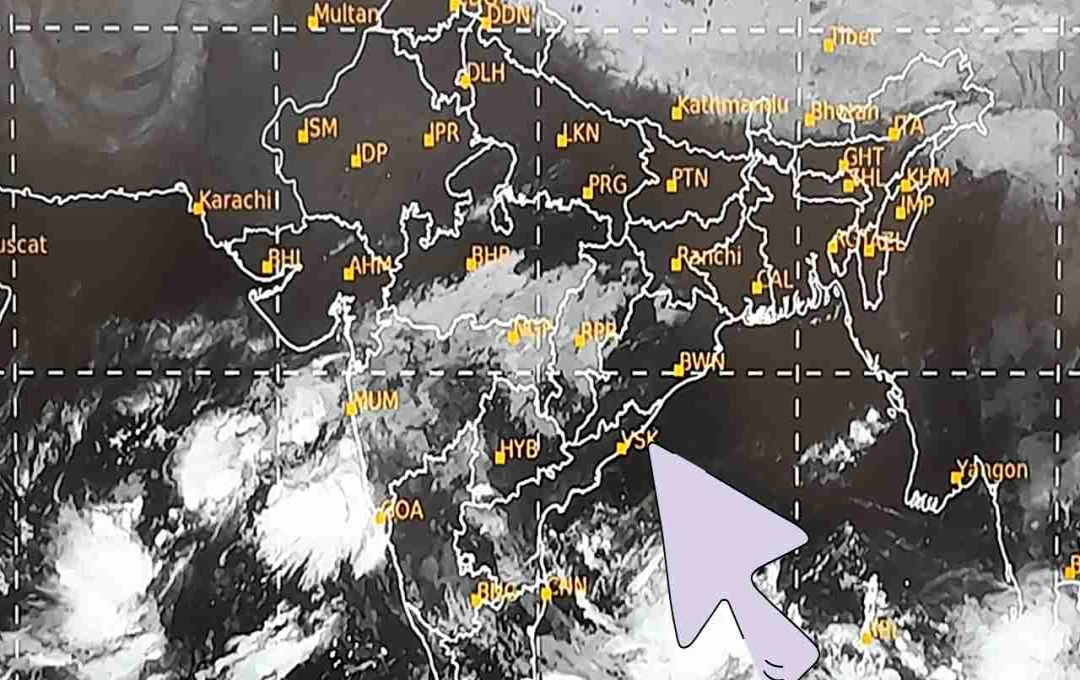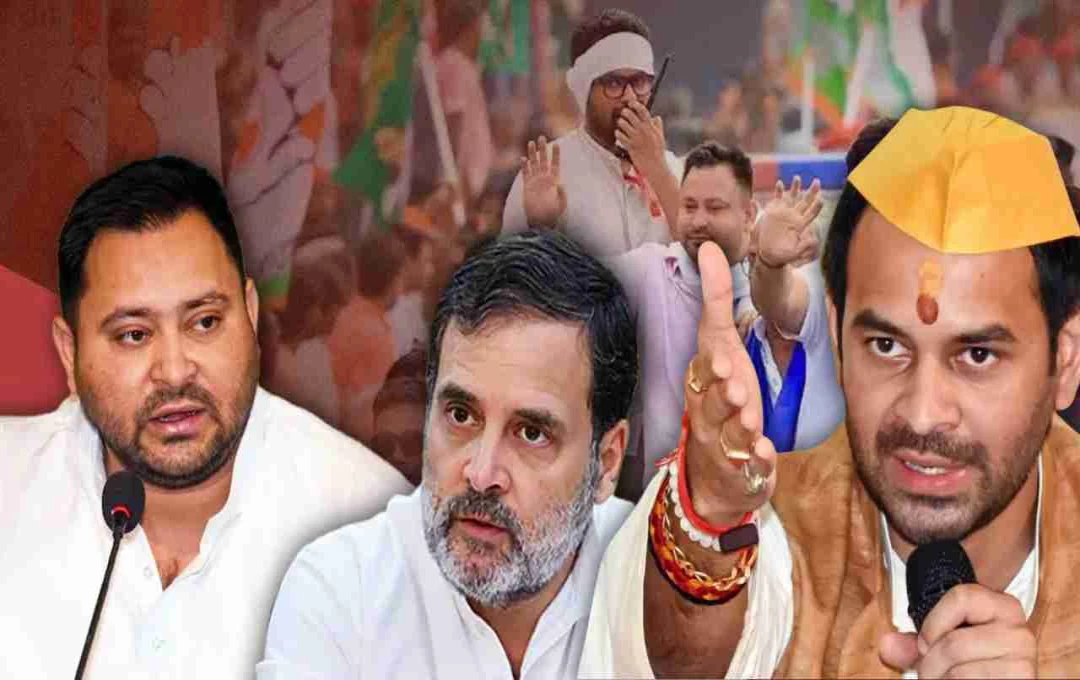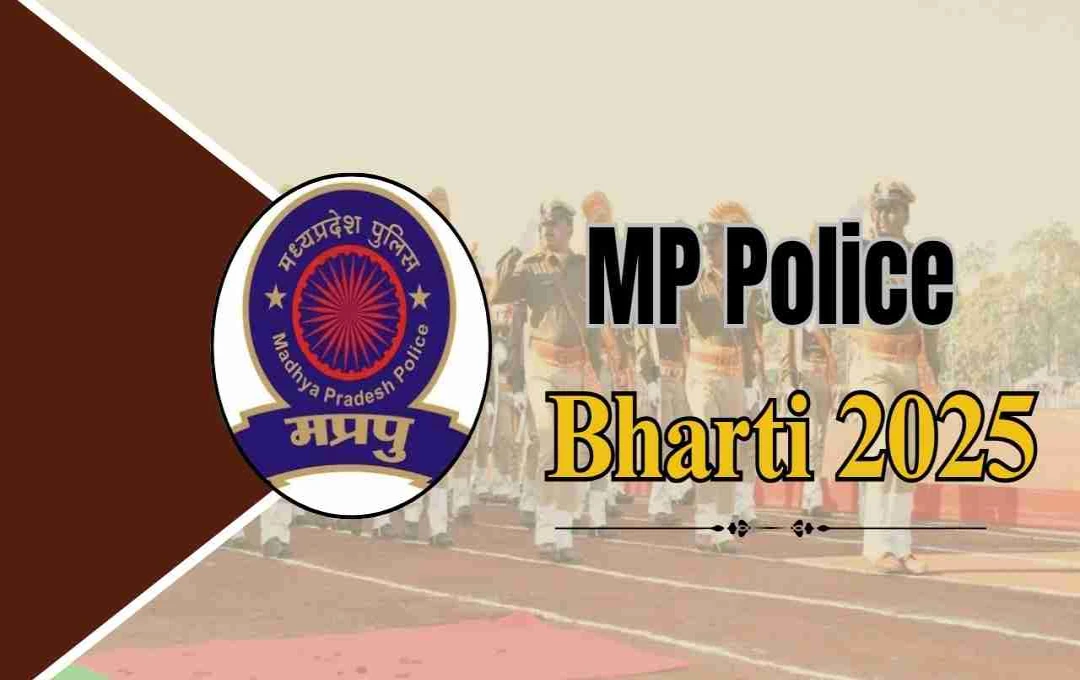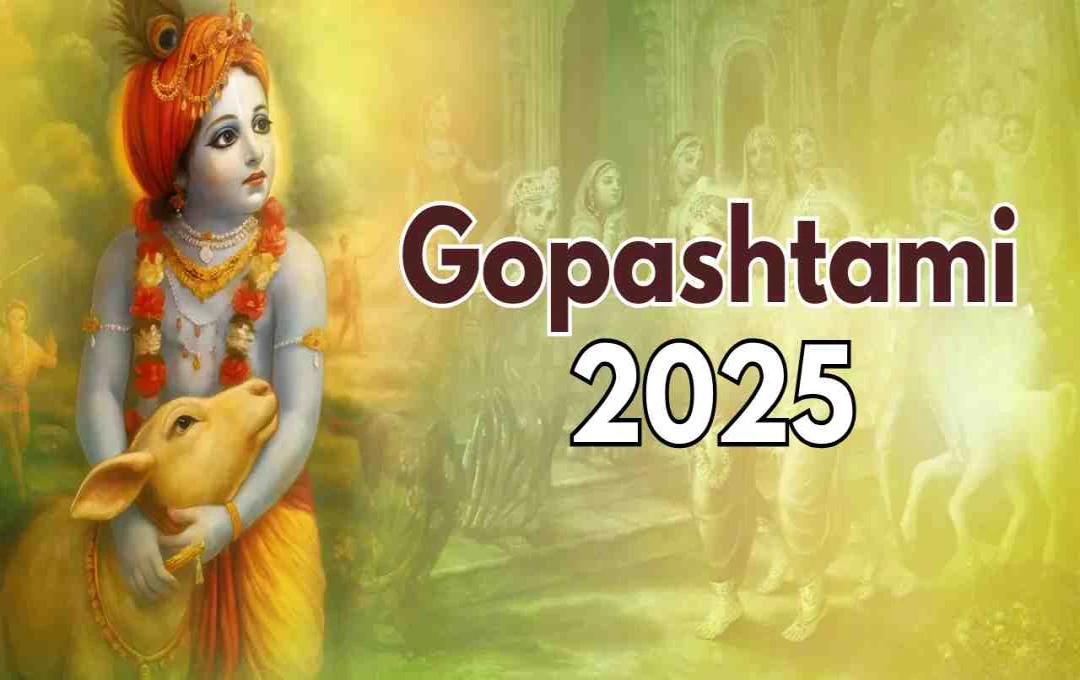The Election Commission has initiated the Special Intensive Revision (SIR) process in 12 states and Union Territories. Its objective is to remove duplicate and deceased voters' names from the electoral roll. This process will continue until February 7, 2026, and will secure the assembly elections scheduled over the next three years.
New Delhi: The Election Commission has commenced the intensive revision of electoral rolls, known as Special Intensive Revision (SIR), in 12 states and Union Territories across the country. This exercise began on Tuesday and will be completed by February 7, 2026. The objective of SIR is to remove duplicate names from the voter list, delete names of deceased voters, and correct other discrepancies. This will make the process of the upcoming assembly elections over the next three years transparent and secure.
Which states are included in the SIR process?
The second phase of SIR includes Chhattisgarh, Rajasthan, Uttar Pradesh, West Bengal, Tamil Nadu, Goa, Gujarat, Kerala, Madhya Pradesh, and Puducherry. Additionally, the Union Territories of Lakshadweep and Andaman & Nicobar are also part of this process. In the first phase, SIR was conducted in Bihar. Assam will be included later, as a citizenship verification process is currently underway there under the supervision of the Supreme Court.
Elections in 10 states in the next three years
Among the states involved in SIR, four states are scheduled for elections in 2026: West Bengal, Kerala, Tamil Nadu, and Puducherry. In 2027, assembly elections will be held in Goa, Gujarat, and Uttar Pradesh. In 2028, elections will take place in Chhattisgarh, Madhya Pradesh, and Rajasthan. Thus, elections will be held in 10 SIR-involved states over the next three years.
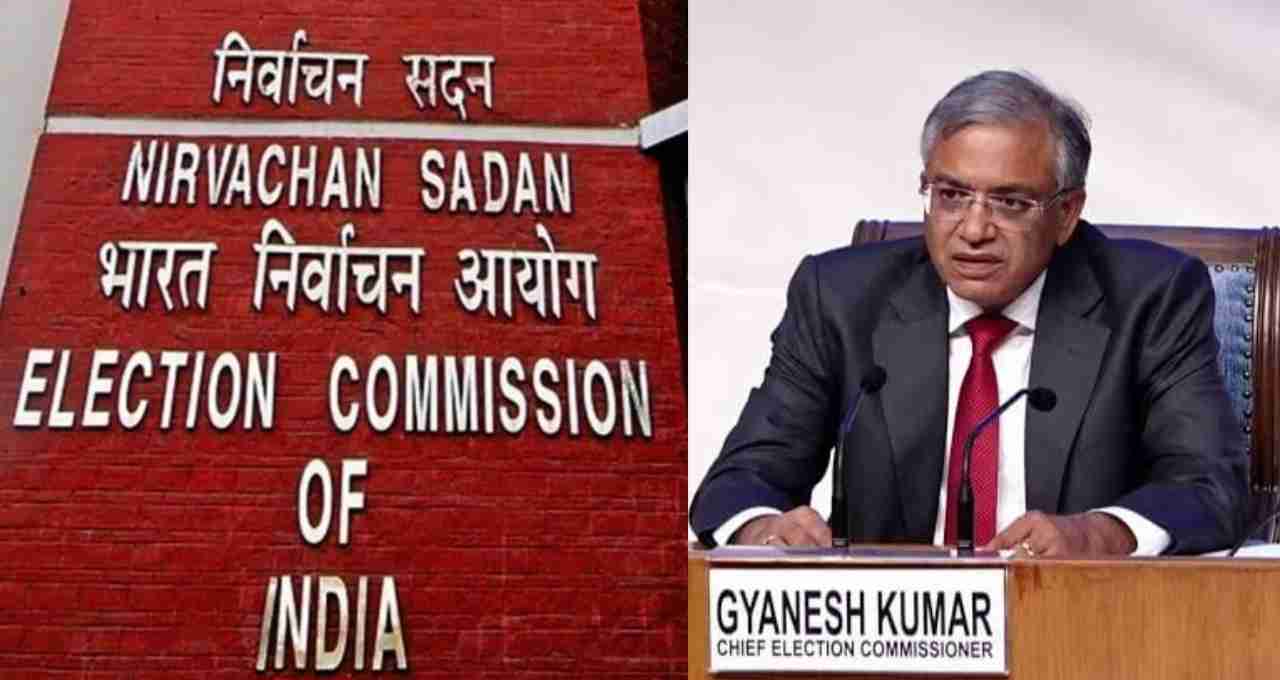
Importance of the SIR process
According to the Election Commission, the SIR process is crucial due to rapid urbanization and population displacement in the country. This has led to many individuals having their names registered twice in the electoral roll or the names of deceased voters not being removed. In some states, names of illegal migrants have also been added to the voter list. During SIR, each voter will be provided with a unique form containing their old address, photograph, and other details. Voters can update their information and ensure identification by affixing a colored photograph.
Political impact of SIR in 12 states
Among the states undergoing SIR, both BJP and opposition parties hold power. West Bengal, Kerala, and Tamil Nadu have opposition governments, while Goa, Gujarat, Uttar Pradesh, Chhattisgarh, Madhya Pradesh, and Rajasthan are governed by the BJP. In Puducherry, BJP is part of the ruling coalition as an ally. Cumulatively, these states account for approximately 51 crore voters. This includes 15.44 crore in Uttar Pradesh, 7.66 crore in West Bengal, 6.41 crore in Tamil Nadu, 5.74 crore in Madhya Pradesh, 5.48 crore in Rajasthan, and 2.12 crore voters in Chhattisgarh.
Opposition's allegations
The opposition has raised questions about SIR, alleging that this process is an attempt to benefit BJP-supporting voters. TMC, DMK, and Left parties have accused the Election Commission of conspiring against democracy. DMK called an all-party meeting, stating that a situation like Bihar would not be repeated in Tamil Nadu. TMC and Left parties have raised serious questions about the Election Commission, accusing it of benefiting the BJP.
BJP's stance
BJP leaders state that SIR is a step towards protecting democracy. Uttar Pradesh Deputy CM Keshav Prasad Maurya said that this process would remove any infiltrators or fake voters from the country. He added that the opposition had attempted to win elections by capturing booths or casting fake votes, but SIR would strengthen democracy.
